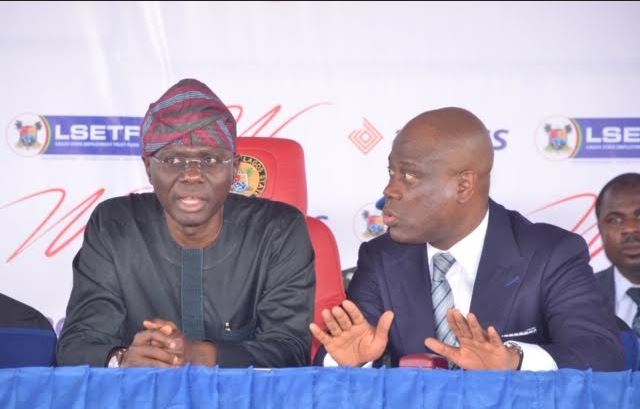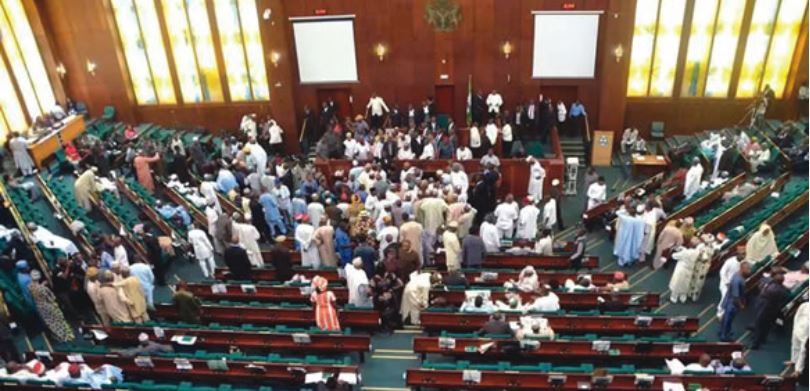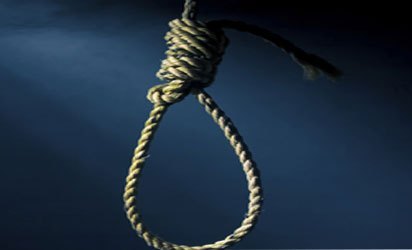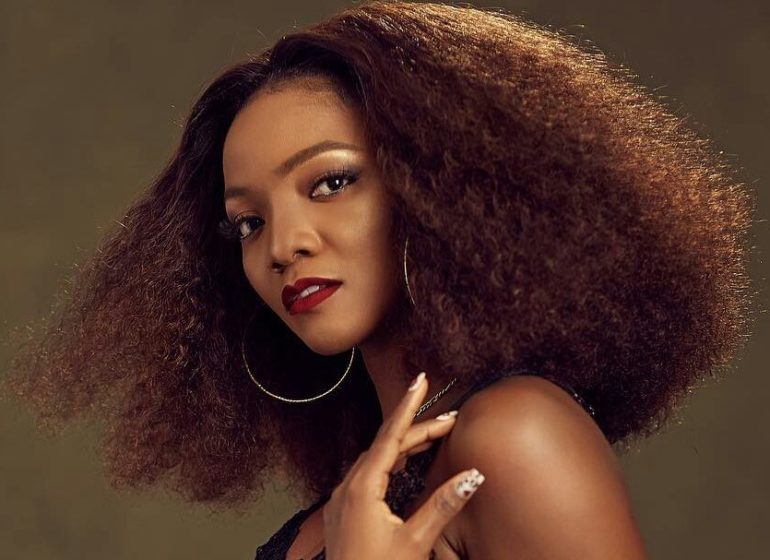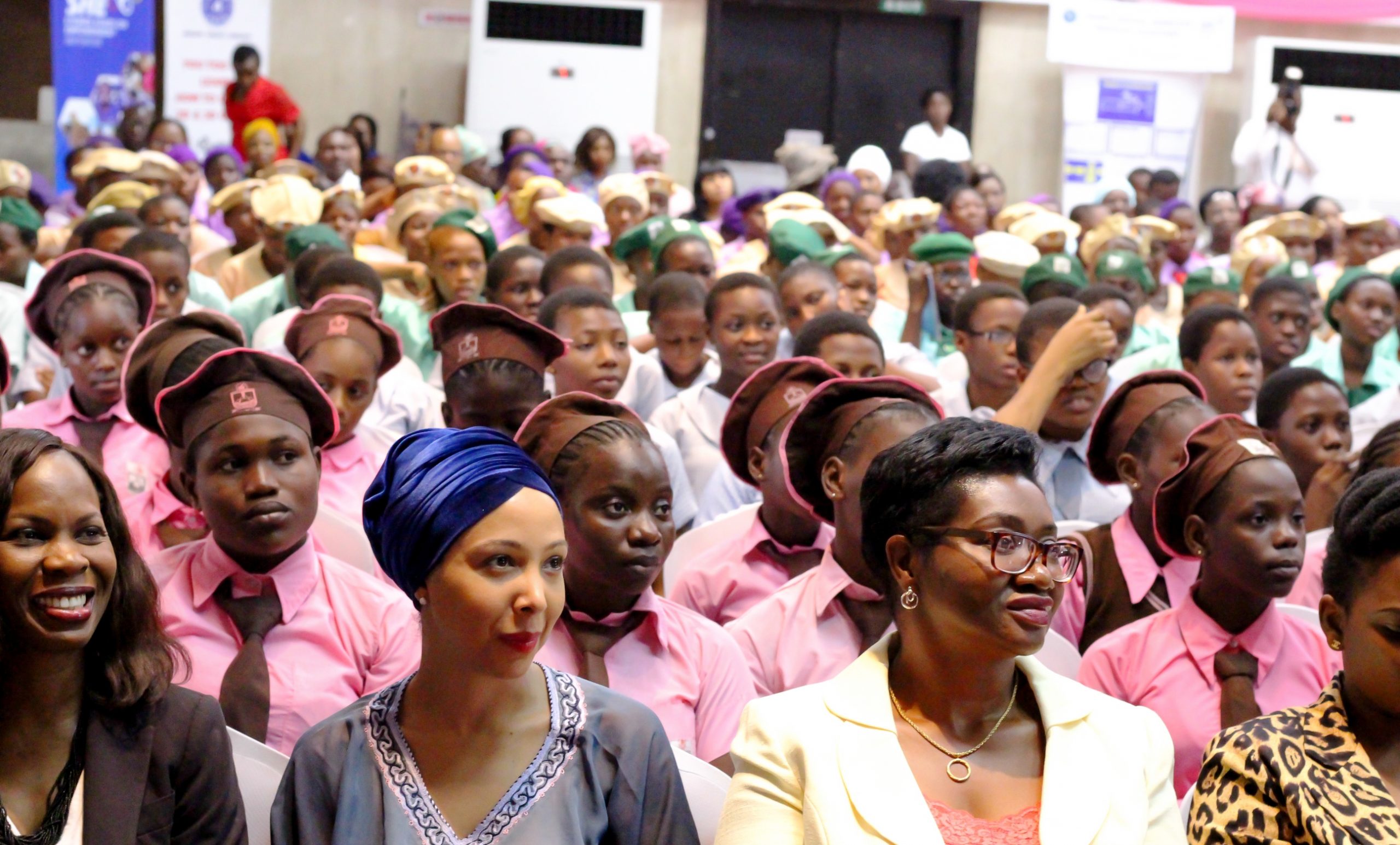Africa’s largest retail bank, Access Bank Plc., yesterday collaborated with the Lagos State Employment Trust Fund (LSETF) to launch the LSETF W Initiative aimed at economically empowering women in Lagos State.
The initiative, which has a total loan portfolio of N10billion, is targeted at women-owned businesses (with at least 50% ownership share) in operation for 1-5 years.
While delivering his address, Access Bank Group Managing Director, Herbert Wigwe said: “Access Bank is fully committed to bridging the existing gap and provide women with the support they need to successfully implement their business ideas”.
“Looking at the number of women present here today, I don’t think the initial N4billion we set aside to help women will be sufficient and based on that, the initiative fund will be increased to N10billion. Through partnerships with organisations such as LSETF, Access Bank will continue to help women break boundaries, reinvent the status-quo and take advantage of opportunities provided by technology and quality financial systems to make significant impact on the economy of Lagos State and Nigeria as a whole,” Wigwe added.
Delivering his keynote address, the Lagos State Governor, Babajide Sanwo-Olu expressed his delight at the timeliness of the initiative, including its immense opportunities for residents in the state.
“The LSETF W Initiative has come at a very critical time for our economy, as we believe that women have a great role to play towards achieving the developmental results that we seek in our state,” said Sanwo-Olu.
“It is important to leverage on the accumulation of resources built through relationships, trust, goodwill, and influence between the State and other private sector stakeholders to make things happen quickly. We are very proud of Access Bank as they continue to make available their financial and business expertise as well as their funds towards ensuring that our women are given adequate access to resources that will aid their successes,” he added.
Access Bank has a long history of supporting female empowerment, offering over 8,000 personal loans valued at over N10.6billion since 2018, with over 330 loans given to women in business valued at over N16.6billion.
